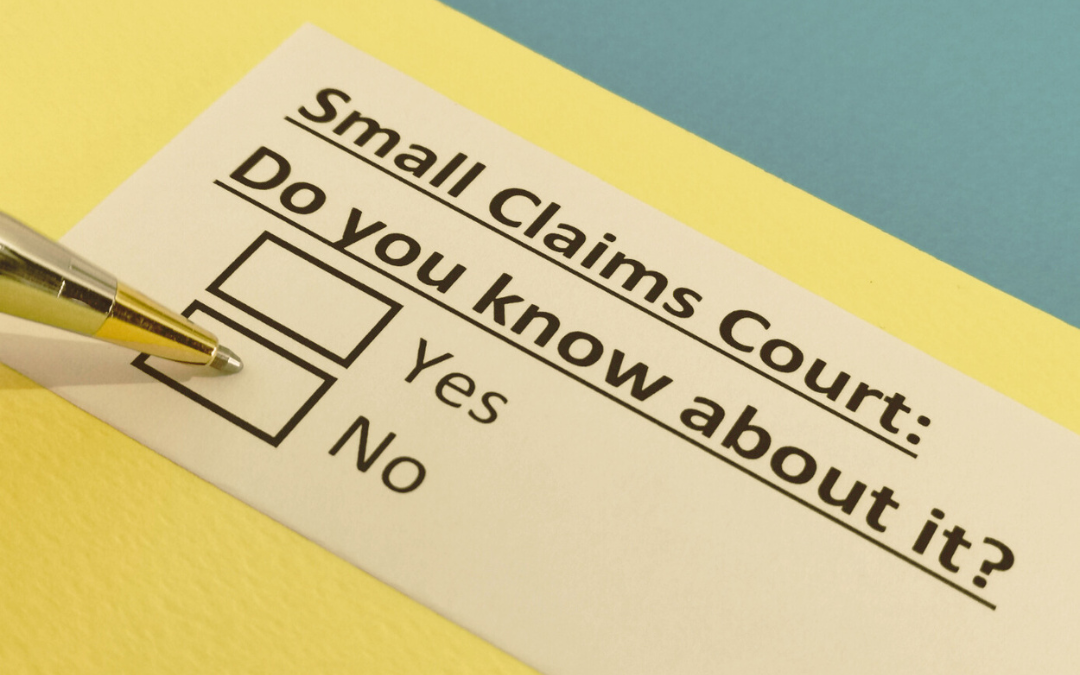
Frequently Asked Questions (FAQs) About Small Claims Court in Canada
What is Small Claims Court?
Small Claims Court is a legal tribunal that handles civil disputes involving smaller amounts of money. It’s a more informal and less expensive alternative to regular court proceedings. In Canada, the specific jurisdiction and monetary limits vary by province or territory.
Key Points:
- Purpose: Resolves smaller civil disputes.
- Informality: Simpler procedures and less complex rules.
- Cost-effectiveness: Lower fees and costs compared to regular court.
- Monetary limits: Vary by jurisdiction, but typically range from a few thousand to tens of thousands of dollars.
What Kinds of Cases Can Be Heard in Small Claims Court?
Small Claims Court can handle a variety of civil disputes, including:
- Debt collection: Unpaid bills, loans, or contracts.
- Property disputes: Boundary disputes, rent disputes, or damage to property.
- Contract disputes: Breach of contract, non-performance, or misrepresentation.
- Personal injury: Minor injuries caused by negligence.
- Consumer disputes: Defective products, unfair business practices.
However, more complex cases involving significant amounts of money, serious injuries, or complex legal issues may need to be heard in a higher court.
How Do I Start a Small Claims Case?
The process for starting a small claims case varies slightly by jurisdiction, but generally involves the following steps:
- Gather evidence: Collect any documents, photos, or witness statements that support your claim.
- Fill out court forms: Obtain the necessary court forms and complete them accurately.
- Pay court fees: Submit the required court fees to initiate the case.
- Serve the defendant: Deliver a copy of the court documents to the defendant.
- Attend the hearing: Both parties will have an opportunity to present their case and evidence.
What Are the Costs Involved in Small Claims Court?
Costs in Small Claims Court typically include:
- Court fees: Fees for filing the case, serving the defendant, and using court services.
- Witness fees: Reimbursement for witnesses who testify on your behalf.
- Legal fees: If you choose to hire a lawyer, you will be responsible for their fees.
However, Small Claims Court is generally less expensive than regular court proceedings.
Can I Represent Myself in Small Claims Court?
How Long Does a Small Claims Case Take?
The duration of a Small Claims Court case can vary depending on factors such as the complexity of the case, the availability of court dates, and the actions of the parties involved. In general, Small Claims Court cases are typically resolved more quickly than regular court proceedings.
What is the Decision-Making Process in Small Claims Court?
The decision-making process in Small Claims Court usually involves a judge or a tribunal member who listens to the evidence presented by both parties and makes a ruling. The decision may be in favor of one party or the other, or it may involve a partial judgment.
Can I Appeal a Small Claims Court Decision?
Yes, you can appeal a Small Claims Court decision. However, the process for appealing a decision varies by jurisdiction, and there are often strict time limits for filing an appeal.
What Happens if I Don't Comply with a Small Claims Court Judgment?
If you fail to comply with a Small Claims Court judgment, the winning party may be able to enforce the judgment through various means, such as garnishing your wages or seizing your assets.
Are There Alternatives to Small Claims Court?
These articles are for general informational purposes only and are not legal advice. Contact us today to discuss your specific situation.
